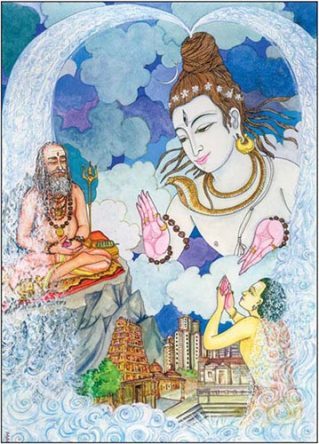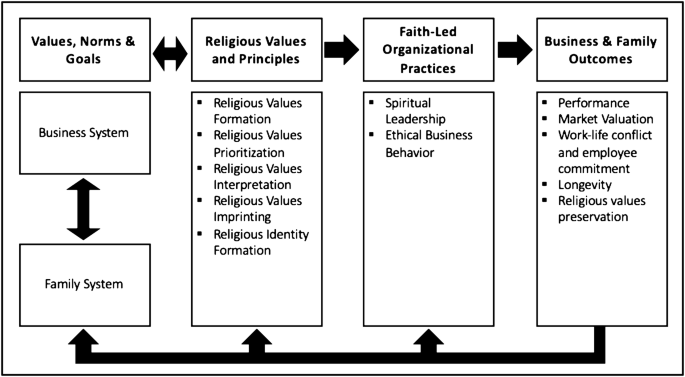Exploring the Profound Wisdom of Hinduism
In a world filled with diverse religions and spiritual practices, Hinduism stands out as one of the most ancient and profound belief systems. With its rich traditions, deep philosophical insights, and spiritual teachings, Hinduism offers a wealth of wisdom that can benefit individuals seeking meaning and purpose in their lives. In this blog post, we delve into the profound wisdom of Hinduism and how it can provide valuable insights for modern-day living.
1. Embracing Dharma:
At the core of Hindu philosophy is the concept of dharma, which can be interpreted as one’s duty or moral responsibility. It encourages individuals to lead an ethical life and fulfill their societal and familial obligations. Understanding and embracing one’s dharma can bring clarity and a sense of purpose, enabling individuals to make conscious choices aligned with their higher values.
2. The Pursuit of Self-Realization:
Hinduism recognizes that human existence is more than just the physical realm. It emphasizes the pursuit of self-realization through spiritual practices like meditation, yoga, and introspection. This inward journey allows individuals to transcend the limitations of the ego and connect with their inner selves, leading to greater self-awareness, peace, and enlightenment.
3. The Cycle of Life and Reincarnation:
Hinduism views life as a cyclical process of birth, death, and rebirth. This concept of reincarnation provides the understanding that our actions in this life have consequences in future lives. It emphasizes the importance of living a virtuous and compassionate life to attain spiritual growth and ultimately break the cycle of rebirth.
4. Karma and the Law of Cause and Effect:
The law of karma is intricately woven within the fabric of Hindu philosophy. It states that every action, whether good or bad, produces consequences. By cultivating positive intentions and engaging in righteous actions, individuals can shape their future and create a harmonious existence. Understanding karma empowers individuals to take responsibility for their choices and strive for moral and ethical living.
5. The Paths to Liberation:
Hinduism recognizes that individuals have varied temperaments and spiritual inclinations. As a result, it offers multiple paths to liberation, known as the yogas. These paths include the yoga of knowledge (Jnana Yoga), the yoga of devotion (Bhakti Yoga), the yoga of selfless action (Karma Yoga), and the yoga of meditation (Raja Yoga), among others. These paths cater to various personalities and highlight the importance of finding a method that resonates with an individual’s nature.
6. Oneness and interconnectedness:
Hinduism teaches that there is an underlying oneness that connects all beings in the universe. This concept of interconnectedness emphasizes the importance of compassion, tolerance, and respect for all life forms. Recognizing the divine spark within oneself and all others can foster a sense of unity and harmony in society.
In conclusion, Hinduism offers profound wisdom encompassing various aspects of life, spirituality, and human behavior. Its teachings on dharma, self-realization, karma, and interconnectedness can provide valuable insights for individuals seeking personal growth and a deeper understanding of existence. By exploring the teachings of Hinduism and incorporating them into our lives, we can nurture a sense of purpose, inner peace, and spiritual awakening, enriching our journey on this Earth.











